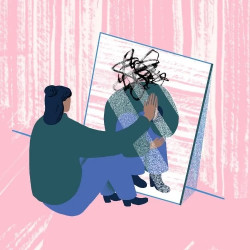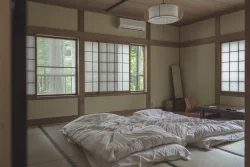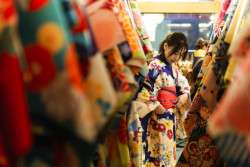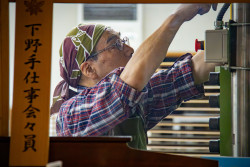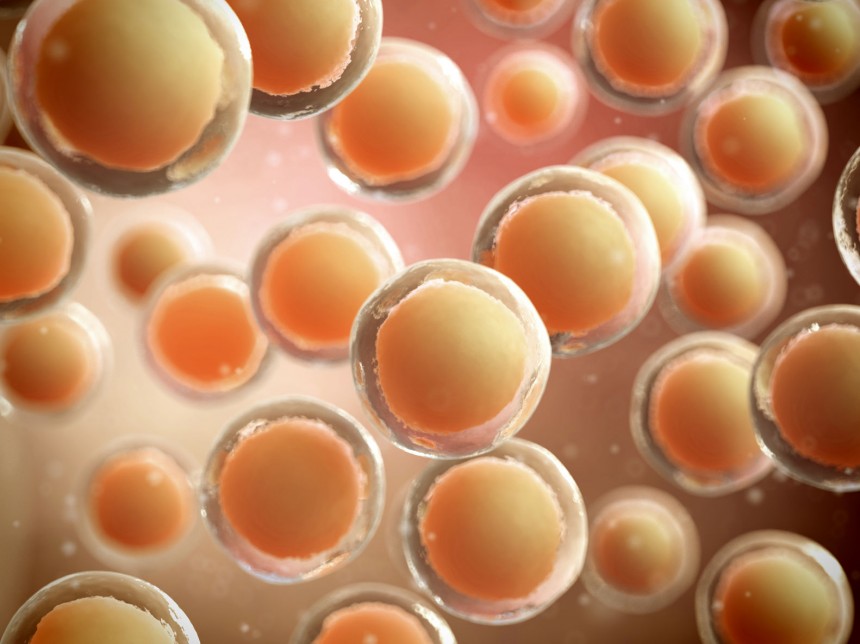
October 22, 2014
Small Print: October 22, 2014
Same-sex spotlights, stem-cell supremacy, cat-killing confessions and more...
“I wanted to explore whether Japanese people have a tendency to accept things as they are without directly facing reality, saying, ‘Whatever happens, happens.’”
—Author Hikaru Okuizumi, who won the 50th Tanizaki Junichiro Prize for his novel Tokyo Jijoden (“Tokyo Autobiography”)
YOU DON’T SAY
- For the first time ever, a same-sex couple was featured on Sekai no Nippon-jin Zuma wa Mita, a popular TBS show that explores the lives of Japanese women married to foreigners. The couple live in France.
- A Cabinet Office survey has found that, three-and-a-half years since the March 2011 disaster, “public enthusiasm for power saving has faded.”
- An article by the state-run Xinhua news agency said China could learn a thing or two from Japan about science education.
- Headline of the Week: “Human Pyramid Accidents on Rise” (via The Japan News)
NEWS FROM THE GULLET
- Just in time for gibier season, officials at the health ministry say they’re ready to slap a ban on the consumption of raw game.
- Health authorities report that 500 people suffered food poisoning after eating “lightly pickled cucumbers” at a fireworks festival in Shizuoka.
- The University of Yamanashi will introduce a course of study called the “wine frontier leader development program.”
- Leading gyoza chain Osho announced that it would start using only domestic ingredients in its dumplings.
¥307,500
|
¥4 billion
|
¥5.1 billion
|
OOPS
- Officials at Saitama Resona Bank were forced to apologize to a victim of domestic violence after they “mistakenly” informed her abusive husband of her whereabouts.
- Authorities at JAL say a computer virus caused a data leak that affected as many as 750,000 customers in its mileage program.
- Newly declassified documents show that 556 Japanese sailors were forced to undergo radiation monitoring following the U.S. hydrogen bomb test around the Bikini Atoll in 1954.
- Tokyo police arrested three Taito-ku women for stealing more than ¥10 million from a 90-year-old neighbor who is suffering from dementia.
FINDINGS
- Literary scholars say a stash of 11 photographs and postcards discovered last year at an antique bookstore in Tokyo have provided keen insights into the early life of poet and children’s book author Kenji Miyazawa (1896-1933).
- According to a survey by The Yomiuri Shimbun and Amsterdam-based publisher Elsevier, Kyoto University ranks second only to Harvard in terms of stem cell research.
- A newspaper study has found that 117 daycare centers in Tokyo are located on the fourth floor of a building or higher, which could pose a problem if the kids had to evacuate in an emergency.
- An Ota-ku man suspected of killing dozens of cats since April says he committed the crimes “to lower his stress,” and that he was frustrated “about people who feed strays.”
THE SILVER SET
- A survey by a Tokyo-based travel services company found that most people in their 60s and 70s refuse to sit in priority seats on public transportation because they don’t view themselves as “old.”
- The survey also found that fewer than 10 percent of seniors feel “happy or blessed” to have a holiday devoted to them—namely, Respect for the Aged Day, which is celebrated on the third Monday of September.
- Iwao Hakamada, 78, the former boxer who was freed in March after spending 45 years on death row, underwent surgery to widen blood vessels near his heart.
- According to the most recent census, the number of foreigners living in public housing units in Japan increased by 25 percent from 2000-2010.
Compiled from reports by AP, Japan Today, The Japan Times, Jiji, The Tokyo Reporter, The Mainichi, The Japan News, AFP, Reuters and Kyodo

